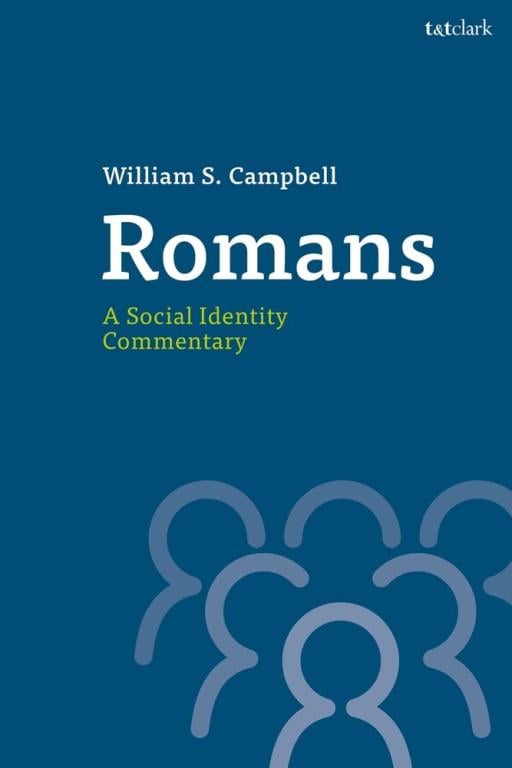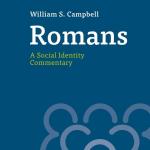I am unconvinced that Paul’s citations of the Psalms in Rom. 3.10-20 can be said to be mainly about people living under the cloud of Roman oppression. To the contrary the verb is not about living under sin like some dark cloud, or living under somebody else’s sinful ways, namely the overlords, no it is about ‘all have sinned and fallen short of God’s glory’. And this means both Jews and Gentiles. I agree that Jews are not particularly singled out here for this critique, (even though in the original context of the Psalm that is likely the case) but nonetheless they are just as much in need of rescue by Jesus the Jewish messiah as any Gentiles are, due to their own sins. ‘All have turned aside’ indeed means all and it will not do to simply put a Psalm, originally about Jews, not Gentiles, now into the mouth of a Gentile interlocutor lamenting just Gentile sin or even universal sin from a Gentile perspective.
The overreading of Romans by N. Elliot and others as if we should see lurking all over the place a critique of empire and imperial oppression comes a cropper in Romans 13, where Paul tells his audience to submit to the governing authorities who have their authority from the real God, and to pay their taxes! This is not to deny that there really was a rising imperial cult, and there really had been Roman brutality and enslavement and oppression, but that Paul does not address that issue here or elsewhere in Romans. And there is probably a reason why. When Paul was writing Romans, things were going rather well during the early years of Nero’s reign in the mid-50s when in fact Seneca and the head of the Praetorian guard was in fact running the Empire and Nero was running around doing drama and winning poetry contests. Romans is a world away from the critique of Emperor and Empire in Revelation. I do however agree that Paul is not presenting Jews here as the paradigm of the universal sinner. And here it would be well to remember that Paul mainly talks in terms of corporate personality, that is about a group of people— in this case all human beings whether Jews or Gentiles. We can ask the question whether there are exceptions to this generalization, and in Philippians Paul appears to present himself as a partial exception— ‘in regard to a righteousness that comes from the law, I was blameless’ that is he could not be called a lawbreaker. He however elsewhere admits he committed the sin of persecuting Jewish Christians. Blameless before the Law is one thing. it means one is not a law breaker, but sinless, or faultless much less pure and perfect is entirely another matter, and Paul is not claiming the latter about himself in Philippians.
On the other hand, I completely agree with Campbell’s critique of Protestant antinomianism contrasting Law with Gospel, or works with grace, and then in light of this the old covenant with the new one. We both agree that Ed Sanders put paid to that whole line of thinking in his landmark work Paul and Palestinian Judaism, where he makes clear that the OT religion involves God’s grace all over the place, and that covenantal nomism has to do with how God wants his people to respond to his gracious acceptance of them, namely by obeying the commandments. This is not the whole story, but it is the basic story one needs to know. And furthermore, there are commandments in the new covenant from Jesus, Paul, and others that Christians are expected to obey, some of which are carry overs from the Mosaic covenant, namely some of the ten commandments are reaffirmed.













